The Principles of a Healthy Diet
You body needs different nutrients to produce, store and expend energy. The food that you eat is processed in your body to run a series of chemical reactions that are beneficial for the body.
To consume a healthy diet, understanding macronutrients and micronutrients as well as their effects on the body is a good idea.
Once you have an understanding of which micronutrients you need to consume more and which ones to limit, you are on your way to maintaining a healthy body weight and living a problem free life.
Macronutrients and Micronutrients
Macronutrients are nutrients that our body needs in huge amounts that are essential for survival. These nutrients are the primary source of energy for our body.
Types of macronutrients are proteins, fats and carbohydrates. They are essential for growth, metabolism, and brain function.
Micronutrients, as the name suggests, are the nutrients required in small amounts for our body’s functioning.
They are essential for the body’s functioning as they serve as cofactors for enzymes, promote healthy bone function, brain function and maintain healthy skin and hair.
They are not the providers of energy, but their deficiency can cause low energy as it may hinder the body’s ability to produce energy.
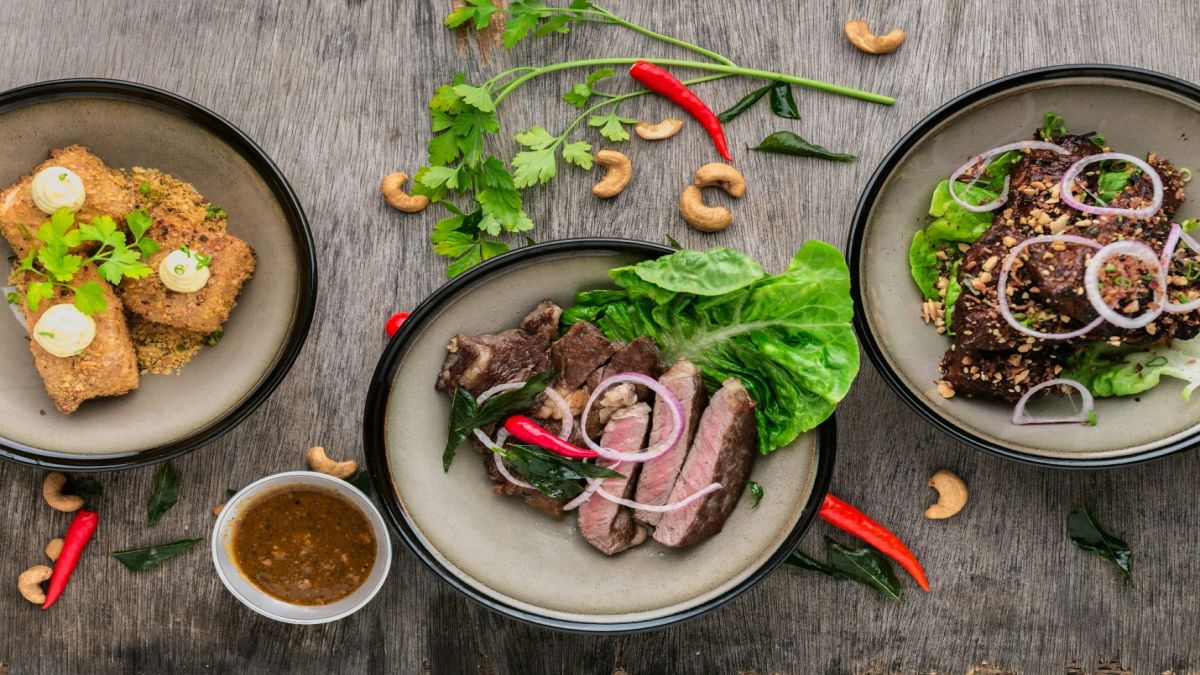
Carbohydrates
Carbohydrates, also known as carbs, are the primary form of energy for our body. Two major categories of carbohydrates are simple and complex carbs. The simple carbs are the ones that are a direct source of energy and do not need much processing.
These include sugars such as sucrose, fructose and lactose that are present in fruits and milk. The second type of carbs is the complex carbs that our body needs to process to obtain energy. These complex carbs are present in cereals, legumes, and vegetables such as potato.
Our body needs carbs to produce energy that it uses for daily activities. Carbs, when consumed in excess amounts and not burnt, are stores in our body as fats.
Excess amounts of fats in our body can also lead to heart problems as fats can clog our arteries. Eating too many carbs can also spike blood sugar levels that cause diabetes and other problems.
Modern diets such as fast food, cakes, and pasta provide many carbs than our body needs. When the body has too many carbs than it needs, it leads to cardiovascular problems and obesity.
Eating unprocessed carbs or less amounts of crabs is therefore recommended to lead a healthy life. Some examples of crabs are bread, buns, rice and cake.
So, reducing the amount of carbs and increasing fresh vegetables and protein in our diet can help us reduce the number of total calories we eat. Consuming carbs in moderation is also good for our heart.
Protein
Protein are our body’s building blocks because they make up our muscles, tissues and organs. Protein is found in foods such as red meat, fish, eggs, beans and dairy products.
Protein in our body is processed to nourish our body with essential vitamins, minerals and promotes muscle and bone health.
When trying to cut fat, experts suggest eating more protein to help our body drive its energy from protein instead of carbs that do not build fat reservoirs in the body.
Consuming more protein also helps us suppress appetite as it keeps one full for longer. It can help you avoid cravings for snacks such as chips, cookies, and other carbs. Increasing protein in your diet can help you feel fuller and shed pounds.
It is better than carbs and fats because it does not make you unhealthy if eaten correctly. Therefore, it is recommended that you eat small portions of protein during every meal or at least once a day.
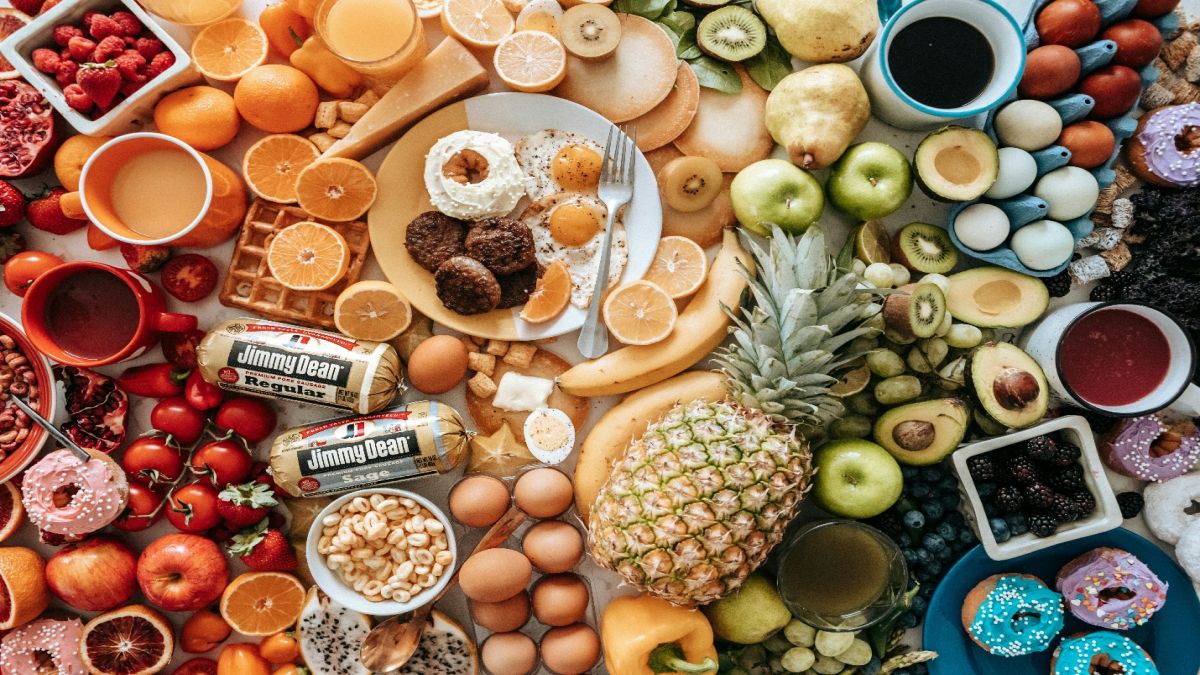
Fiber
Fiber is essential for a healthy gut function and to make us feel full after eating. Fresh vegetables and fruits, nuts, and whole grains contain fiber that are essential components of a healthy diet.
Eating more fiber rich foods is a great way to lose weight as they are low-calorie and help suppress appetite.
Simply switching toast or bun with a green salad can make you feel full for longer and can also help you reduce the number of calories in your meal. So, the next time you make pot roast or steak, don’t forget to have loads of vegetables on the side.
Fats
The excess calories or unexpended energy in our body is stored in the form of fats. This fat is our reservoir to be used when and if needed. Our body fat increases when we consume foods rich in carbohydrates and fats such as oil, and butter.
As we go on eating surplus calories, we only build fat reservoirs in our body and never spend them. This fat can form in layers around our organs or can form small fat masses in our blood that can clog arteries.
Not all fats found in food are bad for us. There are good fats and bad fats. Bad fats refer to fast foods and deep-fried foods that can make us obese and cause health problems.
Good fat is good quality fats taken in moderation. For example, olive oil, cottage cheese, milk, butter and other dairy products contain fats that are good for our body.
A healthy level of fat is good for our body as it helps in repair and protection of internal organs such as heart and brain. For example, Omega-3 fatty acids are elements that our body needs maintenance and control of brain function.
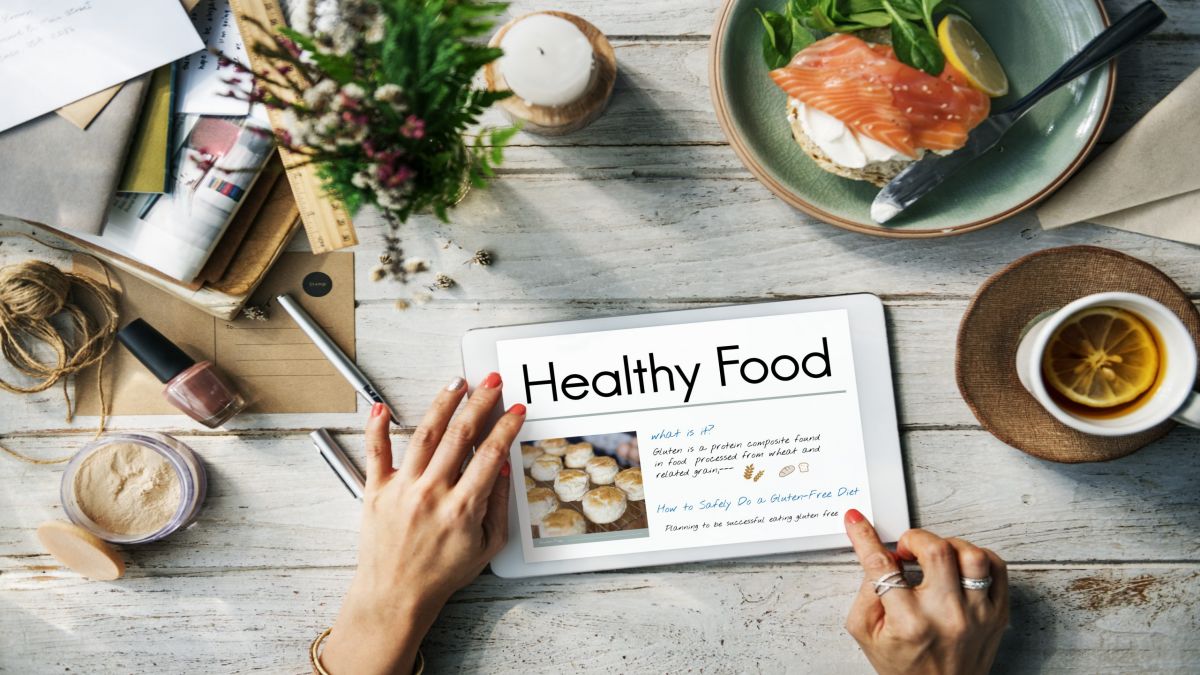
Bottom Line
A good diet is one that contains proteins, carbs, fiber and good fats along with vitamins and minerals that give us the right nutrition. Eating too much or too little of each of these macro and micro-nutrients can cause heath problems and severe deficiencies.
Every person has a unique body and unique lifestyle that requires them to adopt a diet plan that suits them. It is also recommended to see a nutritionist to design a meal plan for you that can help you eat a balanced diet to feel more energetic and stay healthy.
OTHER NEWS
-
- Possible causes of swelling in both ankles
- By Jason 06 Mar,2024
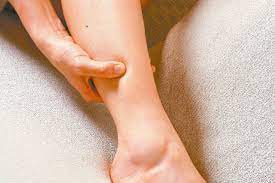
-
- How to determine if you have rhinitis
- By Dr. James 12 Apr,2024
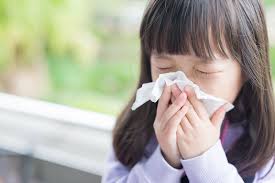
-
- Non-allergic rhinitis—vasomotor rhinitis
- By Dr. James 12 Apr,2024

-
- The Latest Advances in Dental Implants: What You Need to Know
- By Prodosh Kundu 07 Aug,2024
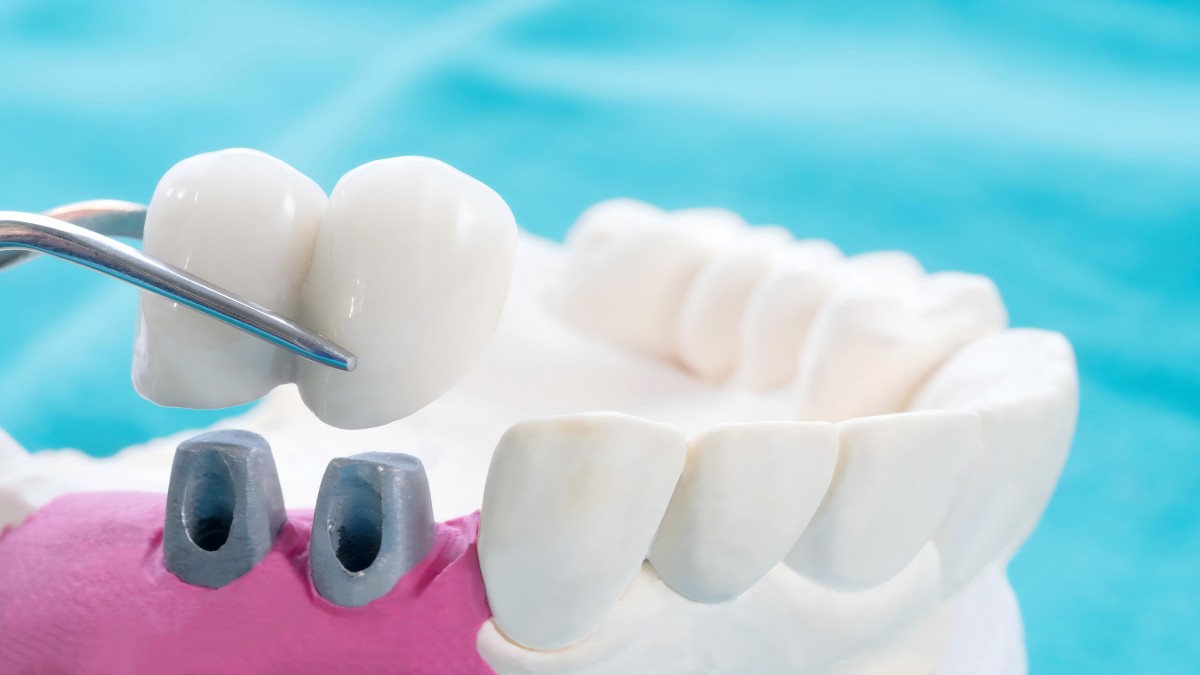
-
- Influences and Innovations in Dental Health
- By Roha Tariq 07 May,2024
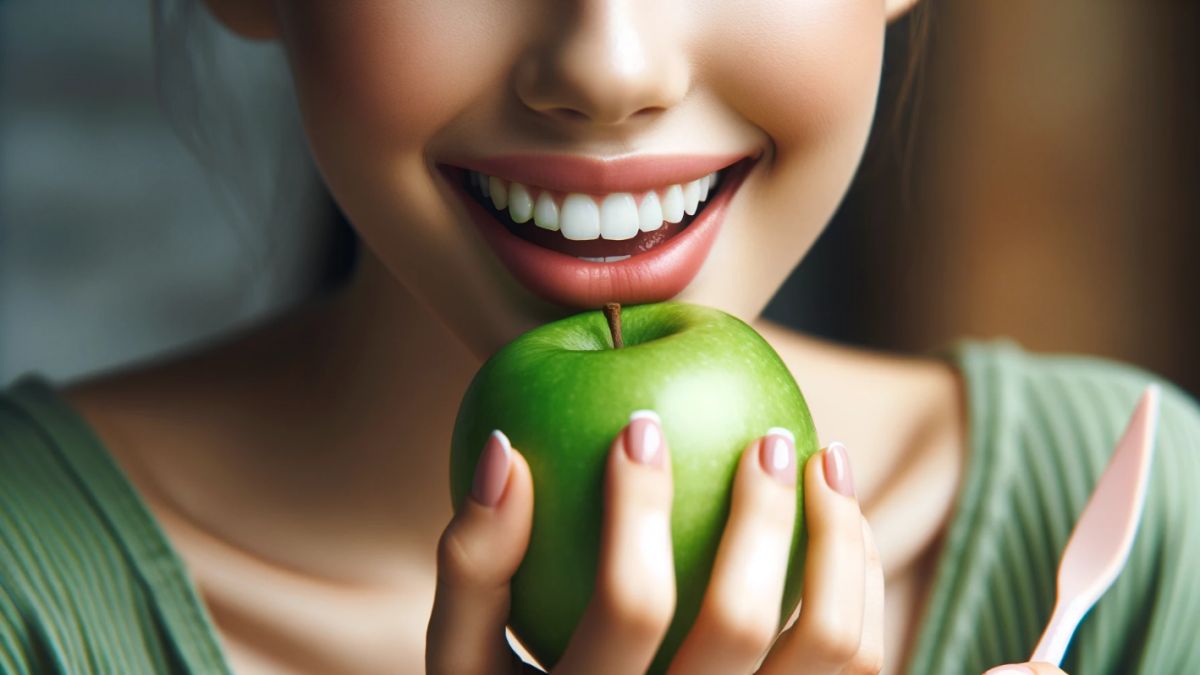
-
- How to Prevent Physical and Mental Inactivity in Elders
- By Syed Hassan Sabeeh Kazmi 17 May,2024
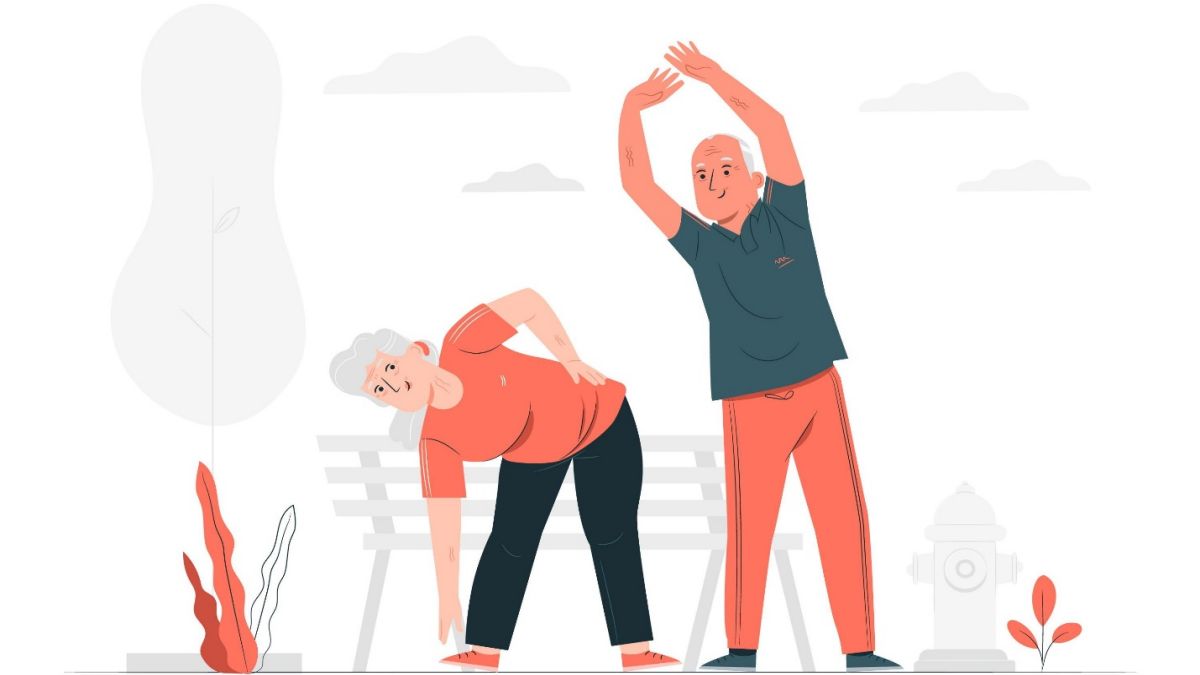
-
- Health Checkups and Tests You Need
- By Fatima Amir 23 May,2024

-
- Rehabilitation training after fracture involves reduction
- By Jason 05 Mar,2024
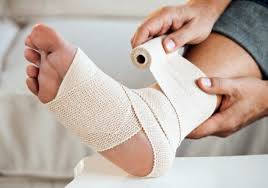
-
- Pain relief after injury
- By Jason 06 Mar,2024

-
- Health Checkups Men Should Not Skip
- By Fatima Amir 23 May,2024

-
- 6 Yoga Postures for Staying Fit in your 60s
- By Fatima Amir 17 May,2024

-
- Early Signs of Lung Cancer You Should Never Ignore
- By Prodosh Kundu 14 Aug,2024
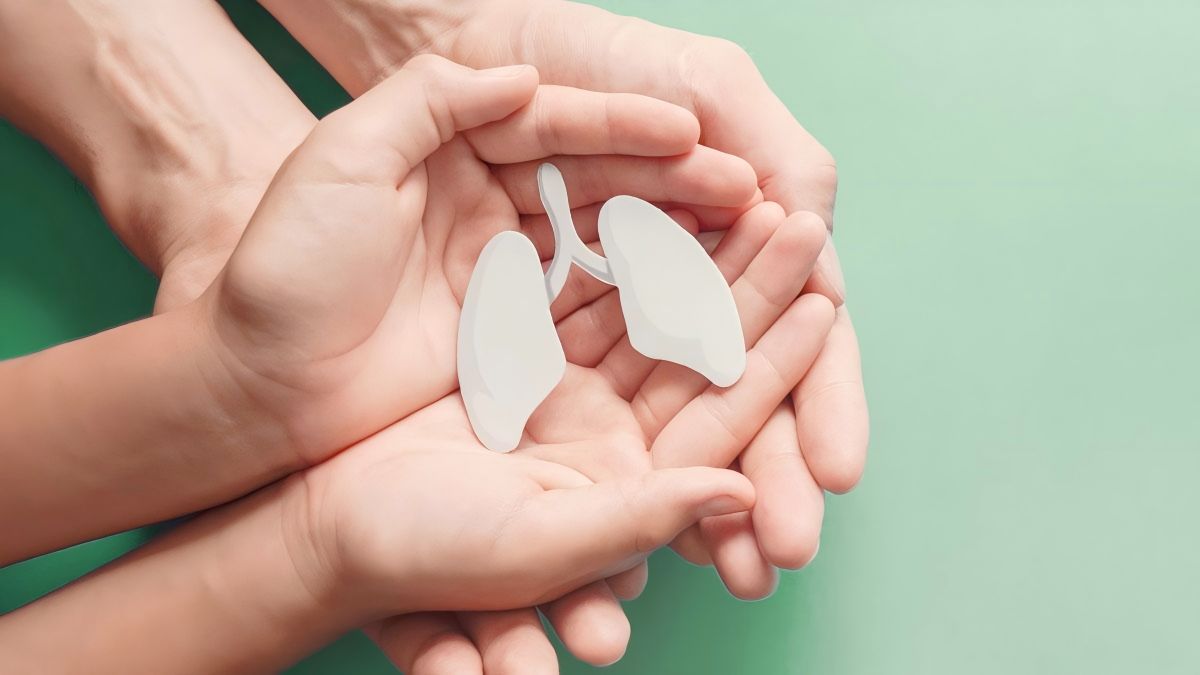
 1
1 1
1